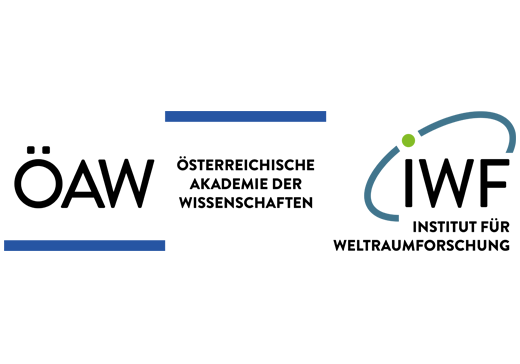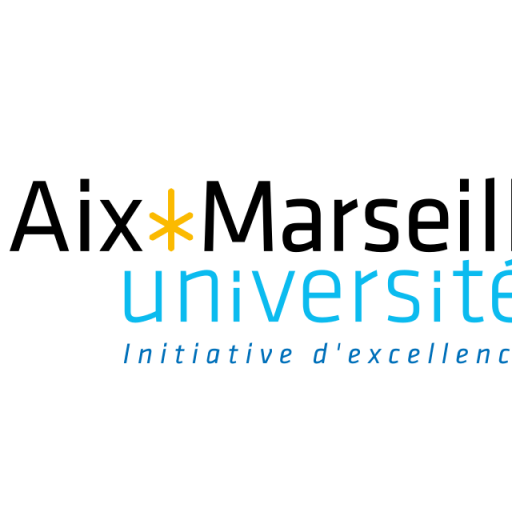Join the dynamic team in the forefront of Solar System research, (exo-)planet sciences, geosciences, and astrochemistry, with a focus on Venus exploration through the ESA EnVision project.
This unique opportunity involves collaboration on a bilateral European Austrian/Czech project led by esteemed scientists Peter Woitke, Martin Ferus, Helmut Lammer, and Paul Rimmer.
As part of this project, you will delve into aqueous chemistry, enhancing the widely-used GGchem phase equilibrium code. You'll also contribute to the refinement and expansion of our understanding of H2SO4-H2O droplets in ARGO, including comprehensive treatments of droplet formation and settling. Additionally, you'll be instrumental in leveraging new experimental data to investigate the UV irradiation of acidic surfaces, crucial for understanding the production of Redox-pairs in the Venus atmosphere.





